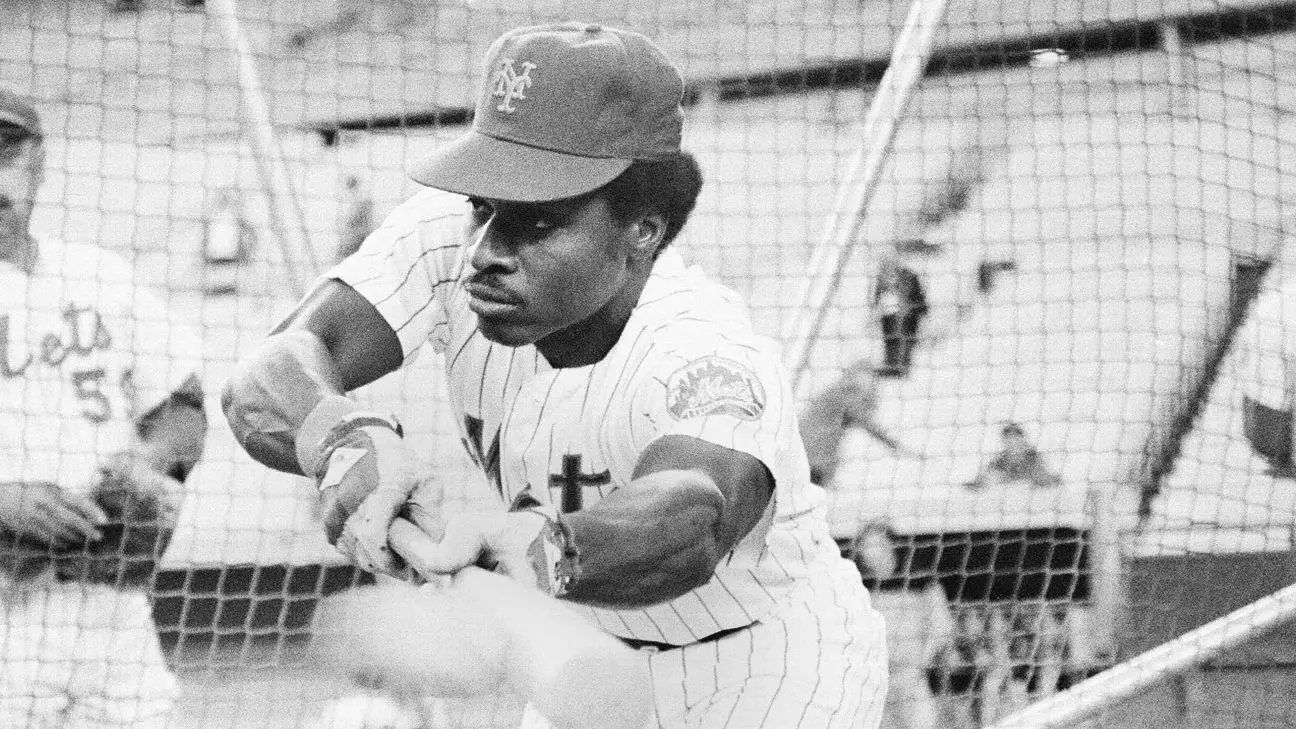Lenny Randle, a name that evokes a blend of talent and tumult, has left an indelible mark on the world of baseball and beyond. Born in 1948, Randle painted a vibrant tapestry of experiences that stretched from his collegiate days to his diverse career in Major League Baseball. His journey began at Arizona State University, where he played baseball and football, contributing to the Sun Devils’ success in the 1969 College World Series. Selected 10th overall by the Washington Senators in the 1970 amateur draft, Randle made his MLB debut in 1971, quickly establishing himself as a player with a unique flair, both on and off the field.
Throughout his twelve-year career, Randle played for several teams, including the Texas Rangers, New York Mets, and Seattle Mariners. With a batting average of .257, 27 home runs, and 156 stolen bases, his statistics demonstrate a solid, if not spectacular, performance. However, it is not purely his numbers that make him noteworthy; rather, it is the series of unforgettable moments that captured the hearts of fans and observers alike.
Randle’s colorful personality earned him the moniker “The Most Interesting Man in Baseball” from Rolling Stone magazine, a title that only began to scratch the surface of his multi-dimensionality. He was not just a player; he was a performer. Randle’s passion for life found expression beyond the baseball diamond. He dabbled in standup comedy and even ventured into the music scene with a funk song titled “Kingdome.” His ability to transcend the boundaries of sports highlights a man as multifaceted as the game itself.
However, fame did not come without its trials. Randle’s career was also marked by a controversial incident in 1977 when he was suspended for engaging in a physical altercation with Texas Rangers manager Frank Lucchesi. The fallout included a significant suspension, a hefty fine, and a stain on his reputation that he would work to overcome in the years that followed. While the public often focuses on these sensational headlines, it is essential to recognize that they are but one chapter in Randle’s larger narrative, which weaves together equal parts struggle and triumph.
Randle’s approach to sports was not solely about competition but also emphasized education and personal growth. Through his role as a youth baseball coach, he instilled values of hard work and resilience in the younger generation. His T-shirt slogans, like “Don’t Blow It, Go to College,” accentuated the importance of education and the possibilities that extend beyond the baseball field. This commitment to mentorship showcased yet another aspect of Randle’s character—a desire to give back and make a difference in the lives of others.
His love for the game led him to explore an unconventional academic opportunity: becoming the first American player in the Italian baseball league with Nettuno. Reflecting on this experience, Randle noted how playing overseas allowed him to rediscover the joys of the sport, free from the stress often associated with the MLB. His sentiment highlights a core truth in athletics: the underlying love for the game should never be overshadowed by pressure or expectation.
Lenny Randle passed away at the age of 75 in Murrieta, California, leaving behind a legacy rich with memories and lessons. He is survived by his wife, Linda, his three sons—Bradley, Kumasi, and Ahmad—and his grandchildren. As his family prepares to celebrate his life and achievements, it becomes apparent that Randle was more than a baseball player; he was an artist, a mentor, and a man who truly lived life to its fullest.
In retrospect, the story of Lenny Randle emphasizes the importance of embracing one’s passions while navigating the inevitable ups and downs. His extraordinary experiences showcase how one can juggle a demanding career while fostering personal interests and relationships. As we reflect on Randle’s life, we are reminded that while statistics may fade, the impact of a person’s character and contributions resonates far beyond the playing field. His legacy serves as an inspiration: a call to find joy in our pursuits, advocate for education, and always strive for authenticity in our endeavors.


Leave a Reply